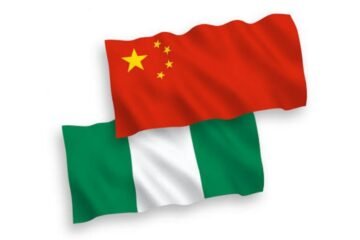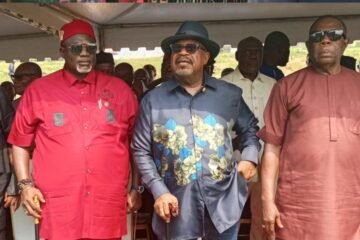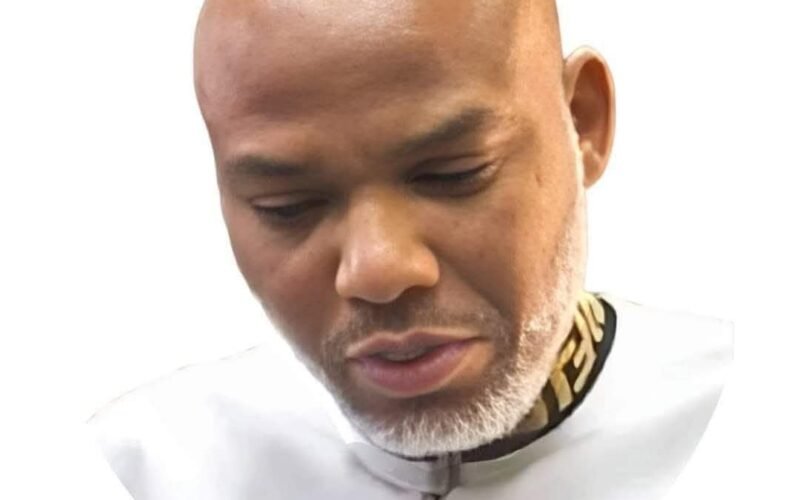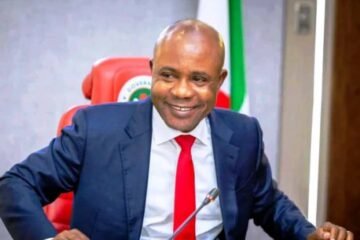By Mazi Otti Nwaka
NSCCABSSCFOA.
The life‑sentence handed down to the IPOB leader on 20 November 2025 has instantly become a political flashpoint. For many in the South‑East, the verdict feels less like justice and more like a calculated move to silence a vocal champion of Igbo identity . That perception is sharpening ethnic fault lines just as the country gears up for the 2027 presidential race, and the All Progressives Congress (APC) finds itself caught in the cross‑winds.
First, the ruling fuels a narrative of marginalisation that the APC can ill afford. Socialite Cubana Chief Priest warned that “as long as Kanu remains in jail, President Tinubu cannot win up to 10,000 votes in the South‑East”. If the region’s electorate views the sentence as an ethnic vendetta, the APC’s traditional base in the North and West may not compensate for the loss of even a modest slice of South‑East votes. The party’s ability to claim national unity could be eroded, especially if Igbo leaders—governors, traditional rulers, and civil‑society groups—publicly decry the verdict as “pre‑written” and “unfair”.
Second, the imprisonment creates a bargaining chip that opposition forces can exploit. Analysts such as Prince Eke argue the sentence is a “political stunt” designed to be reversed before the polls, allowing the government to later release Kanu in exchange for Igbo votes. Should the APC fail to secure a pardon or a swift appeal, opposition parties—particularly those with strong South‑East ties—could rally around the “free Kanu” cause, turning the issue into a rallying cry that siphons support from the ruling party.
Third, the legal saga distracts from governance and may deepen anti‑government sentiment. The Archbishop of Okigwe has called the sentence “irresponsible,” questioning why a non‑violent agitator receives life while other armed actors are rehabilitated. Such criticism amplifies perceptions of selective justice, which can translate into voter apathy or outright protest votes in 2027, further weakening the APC’s chances.
In sum, if Kanu remains behind bars, the APC risks losing a critical bloc of South‑East votes, faces heightened ethnic polarization, and opens the door for opposition narratives that could swing the 2027 election. A strategic release or a credible appeal could mitigate these risks, but without such a move the party’s electoral math looks increasingly precarious.











